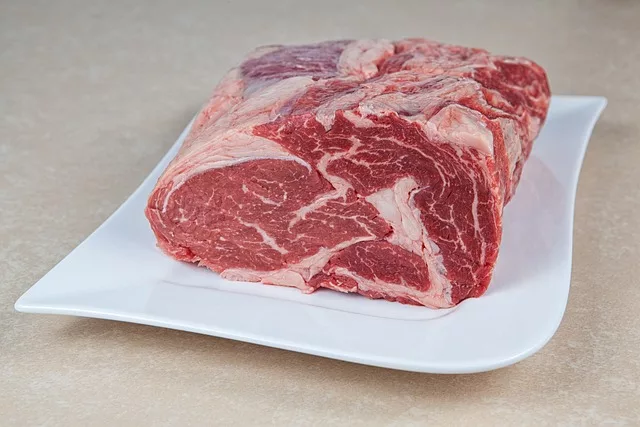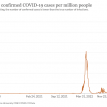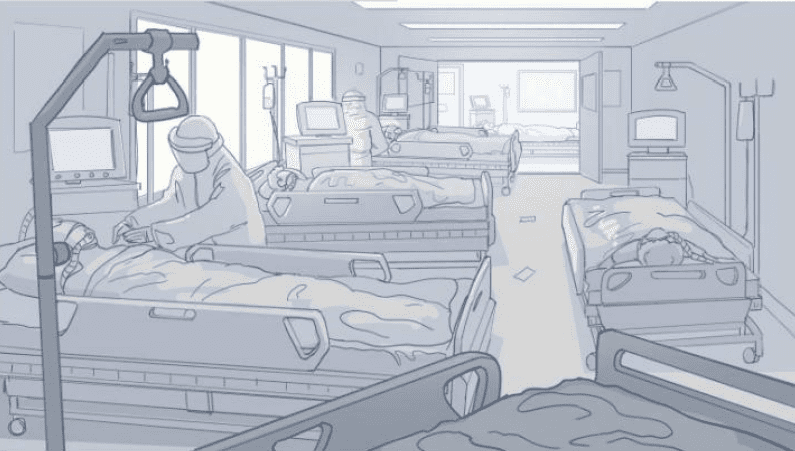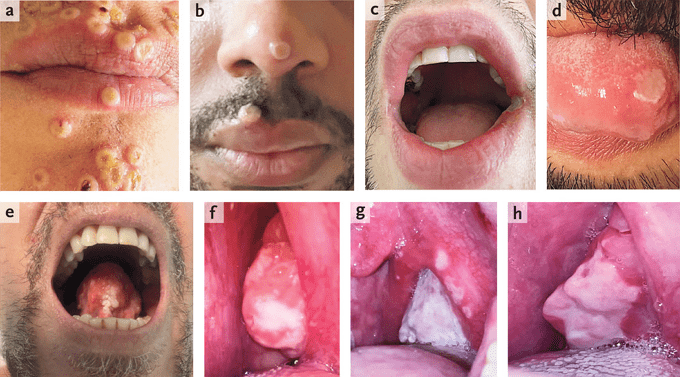
EU: Foodborne infection by SARS-CoV-2 cannot be ruled out
The EU Food Safety Agency quietly released a document two days ago revealing “the possibility of the respiratory tract becoming infected during chewing cannot be completely ruled out.”
Bearing in mind that China has been repeatedly ridiculed by the mass media for reporting foodborne and cold-chain transmission of SARS-CoV-2, (see here and here), these are quite extraordinary revelations by the EU.
Although the document is littered with the usual caveats about how unlikely foodborne contamination is, it also makes plain that the dangers of Covid infections from food are very real.
Key quotes from the document:
-
“The possibility of the respiratory tract becoming infected during chewing cannot be completely ruled out”
-
Some positive samples have been detected from refrigerated facilities and cold-chain food or its packaging
-
Intragastric inoculation led to the detection of viral RNA and/or infectious viruses in many tissues and gastroenteric contents
-
There is experimental evidence of the establishment of human intestinal infection with SARS-CoV-2
-
SARS-CoV-2 could persist on contaminated refrigerated or frozen products
-
When good hygiene practices are not properly followed during the handling and preparation of food, the surface of food might become contaminated,
-
Viruses cannot multiply in foods, but in certain conditions they can survive on foods.
-
Laboratory studies showed that SARS-CoV-2 remained stable at 4°C on a variety of surfaces for several days
In our experience, official documents like this one tend to be amended or removed from the internet as soon as their contents are highlighted, so we have republished the entire document below for reasons of posterity.
EFSA and COVID-19
EFSA report: EFSA and Covid-19
Wuhan finds coronavirus on packages of Brazilian beef, Vietnamese fish





